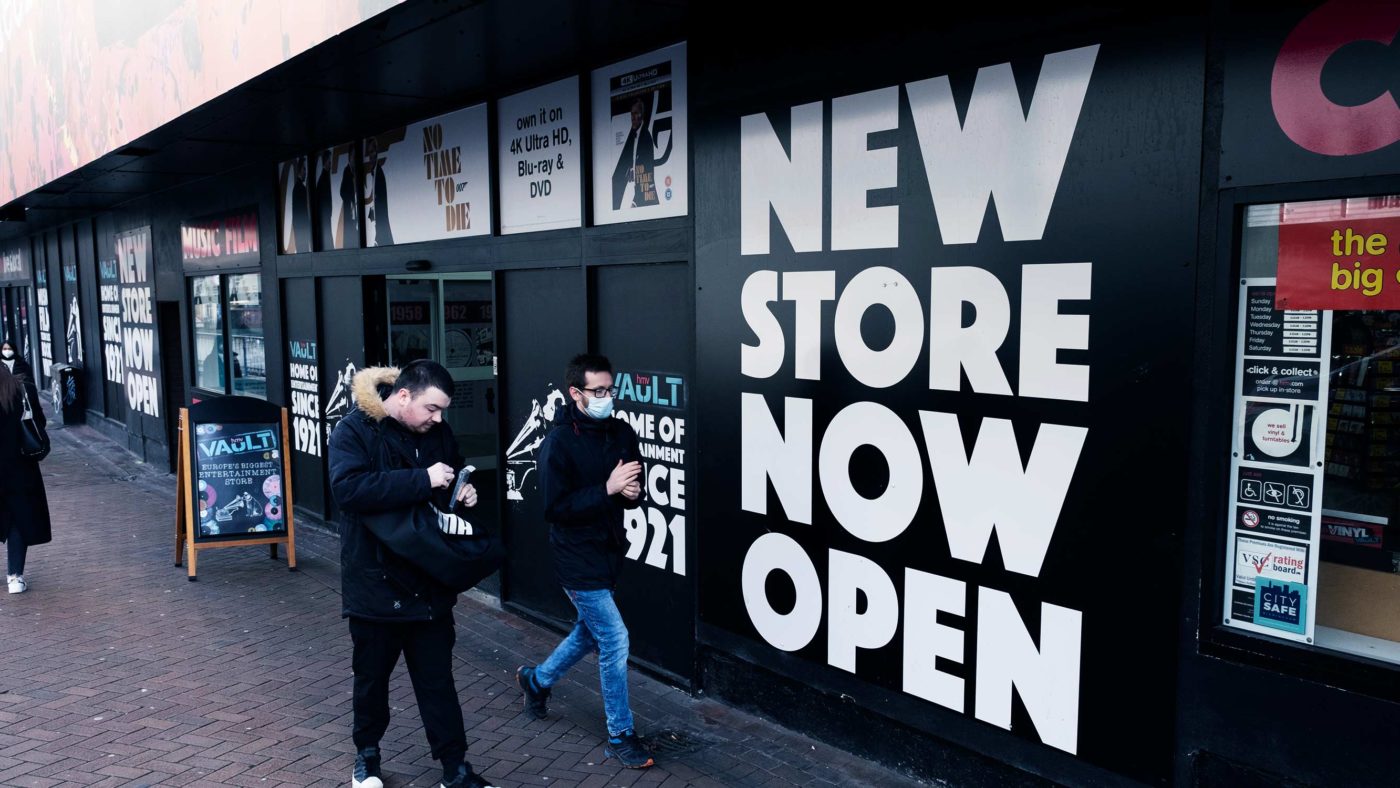For all its enormous length and vaunting ambition, the Government’s Levelling Up White Paper left some pretty obvious truths unsaid.
One of the issues that dare not speak its name is that many of our towns and cities have declined under decades of municipal socialism, during which the environment for enterprise has been grudging if not actively hostile. So, surely the answer must be to demolish such barriers to business growth? Apparently not. Instead, the Government has decided to add an extra layer of bureaucracy by letting areas elect their own mayors.
The White Paper proposes ‘a wider role in supporting mayors and local authorities to realise their ambitions’. Existing mayors, it contends have shown that ‘strong local leadership can enhance economic and other opportunities in urban areas’ – though there it offers precious little evidence to back up this rather vacuous assertion.
Areas that already have mayors won’t be left out though. There will be ‘trailblazer deeper devolution deals’ for the West Midlands and Greater Manchester, which will be a ‘blueprint for other mayoral combined authorities’. The White Paper also promises an exciting new ‘ability to introduce mayoral precepting on council tax’.
But underneath this combination of devolution and doling out public money for chosen areas is a glaring contradiction. The White Paper trumpets ‘local empowerment’ and ‘decentralisation’, but also wants ‘a country where life is not a postcode lottery’.
It was Nick Clegg, of all people, who understood why this is such an illogical proposition. Back in the coalition era, the then Deputy Prime Minister declared:
‘Opponents of localism brandish the phrase ‘postcode lottery’ to dramatize differences in provision between areas. But it is not a lottery when decisions about provision are made by people who can be held to democratic account. That is not a postcode lottery – it is a postcode democracy.’
A good example of what that ‘postcode democracy’ looks like is the United States. Some states choose policies of increased tax, others opt for tax cuts. The merits are keenly debated. But the best indicator of how an area is doing is whether people stay there or not.
A recent report for the US Tax Foundation sets out how high-tax states such as Illinois, New York and California have all seen substantial population decline in recent years, while states with lighter tax and regulation, such as Utah, Florida, Arizona and Texas, saw their populations rise by at least 1%.
Californians and New Yorkers don’t complain about the ‘postcode lottery’ that holds back economic growth. If they don’t like existing policies they can vote for a change. Or they move to Florida.
That way to test local approaches could be achieved here too. One simple way of doing so would be to let local authorities keep Business Rates revenue. Rather than simply waiting for the Whitehall gravy train to stop by, poorer areas wishing to compete with more affluent ones would be incentivised to promote enterprise. Lower local taxes, fewer planning obstacles and the release of state-owned land for new homes would all be welcome additions that would encourage genuine, sustained prosperity based on the private sector.
It sounds counter-intuitive to a political establishment steeped in Whitehall centralisation, but the best way for levelling up to truly emerge is through trial and error – road-testing pro-innovation policies and seeing which areas have the best ideas.
Unfortunately, the current approach looks less like pro-enterprise conservatism and more like state-led socialism. if we really want a more prosperous Britain, we need to do more than just create extra local government placeholders. Local areas must be given the fiscal and regulatory power to truly control their own economic destiny.
Click here to subscribe to our daily briefing – the best pieces from CapX and across the web.
CapX depends on the generosity of its readers. If you value what we do, please consider making a donation.


